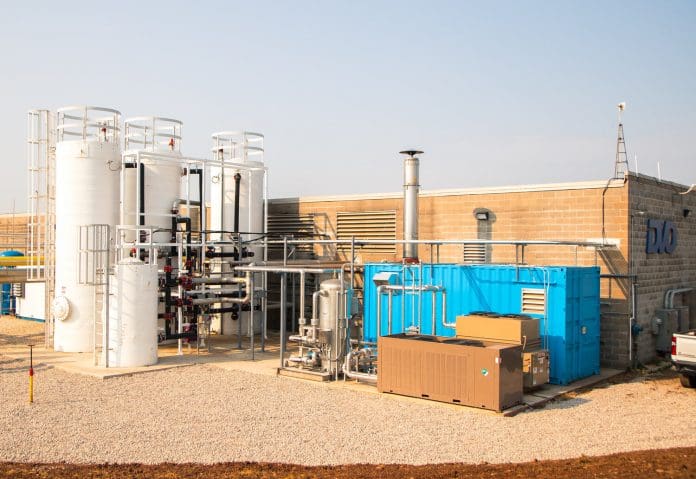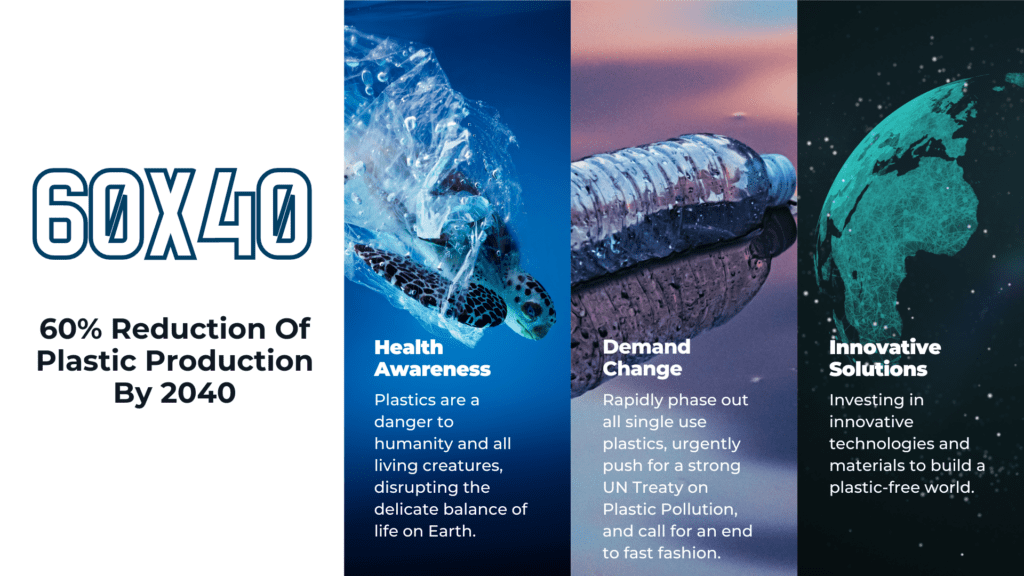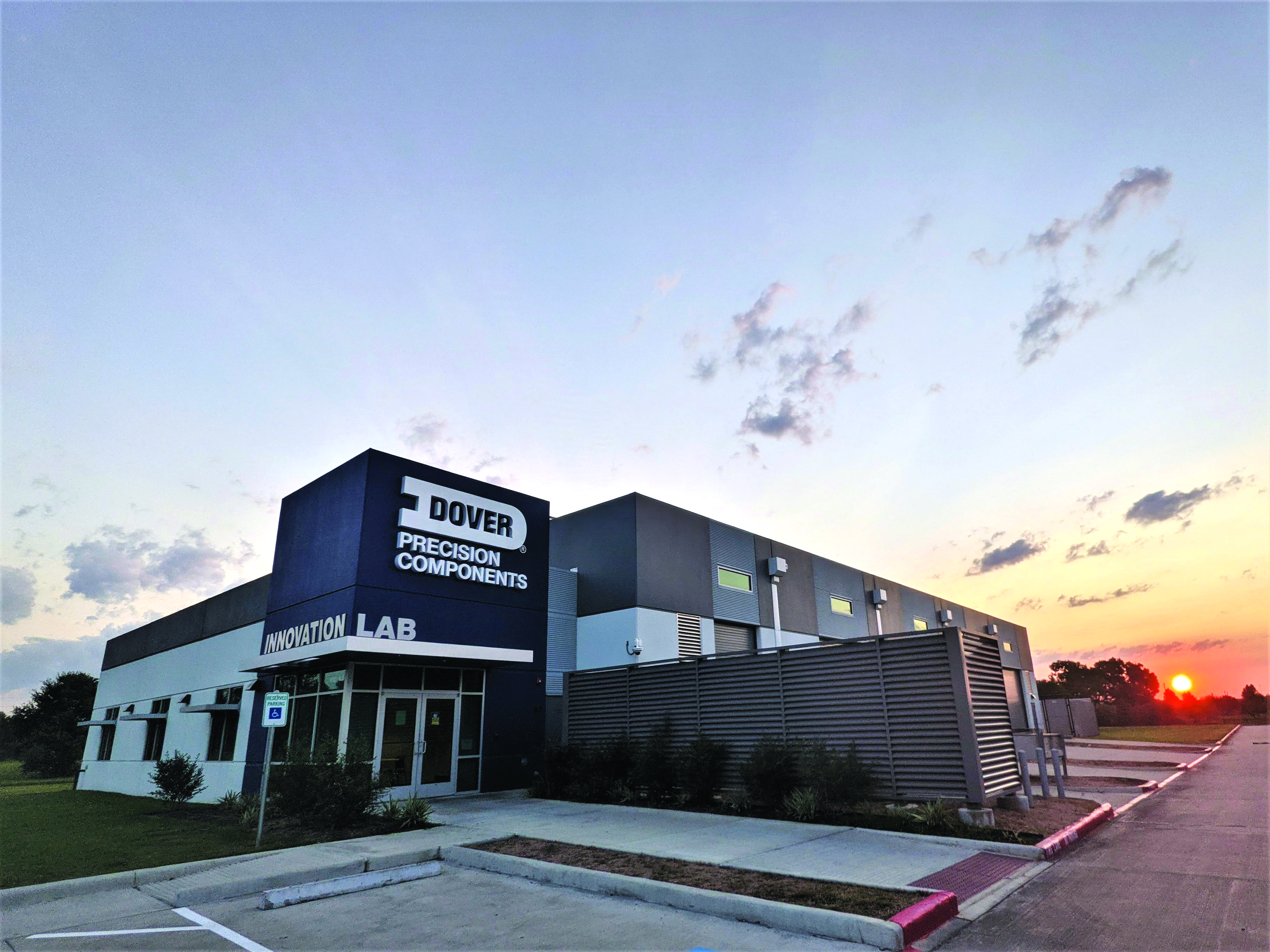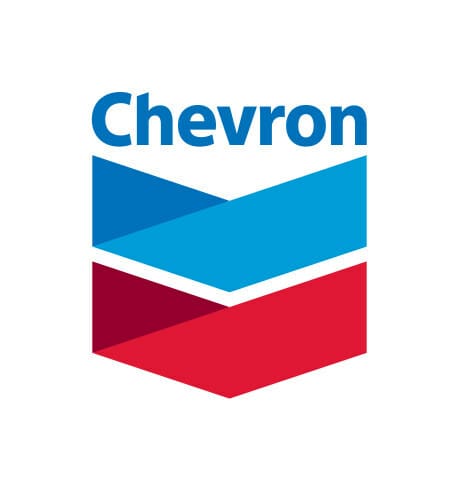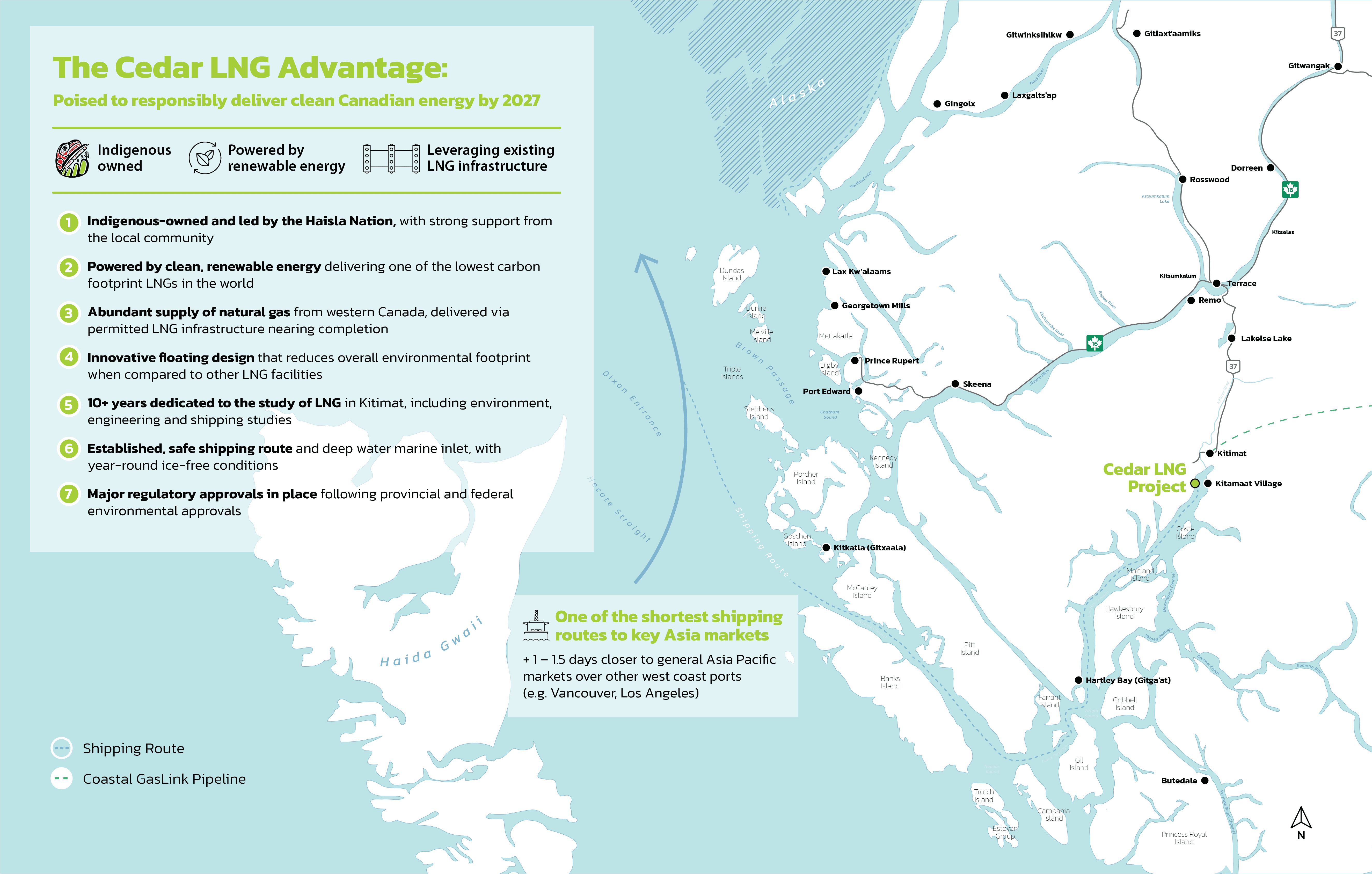As the debate over the future of fossil fuels moves through Congress, courts, shareholder meetings, and board rooms, it has become clear that neither governments nor investors are satisfied with mere platitudes. According to a global study by Oxford NetZero and the Energy & Climate Intelligence Unit, at least one-fifth of the world’s largest public companies on Forbes Global 2000 list now have net-zero commitments. But how those declarations come to fruition is often opaque. Ambitious climate goals demand commensurate action, but the fact is many corporations still struggle to identify the necessary steps to reach their net-zero goals.
Achieving net-zero carbon emissions in the United States by 2050 is feasible, but only if we actively use and implement solutions that we know mitigate carbon emissions. Part of the solution — that is readily available now — is renewable natural gas (RNG).
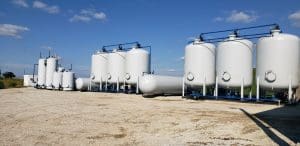
RNG captures methane from inedible food waste, animal manure, wastewater sludge, and garbage, redirecting it away from the environment and repurposing it as carbon-neutral energy. Distributed, storable, and dispatchable using today’s gas infrastructure and appliances, RNG is the product of pure American ingenuity. RNG’s use of existing infrastructure is one of the many reasons why governments and companies should embrace it as a leading tool in the fight against climate change. RNG is available now — powering homes and businesses throughout the country using the systems that are already in place, rather than waiting for infrastructure overhauls.
Working toward reaching the goals of the Paris Climate Accord, the International Energy Agency’s (IEA’s) Net Zero by 2050 report stresses the need for biofuels and bioenergy, like RNG, in large part because they can be used immediately, as we work to reach the goals of the Paris Climate Accord. On a more local level, RNG promotes better waste management practices and financially incentivizes continuous improvements in local air, water, and soil quality.
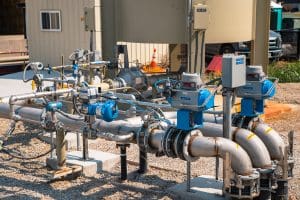
RNG creates a true circular economy for America’s family farms, restaurants, grocery stores, and local governments, returning fuel, heat, and electricity produced from the captured biogas naturally emitting from their inevitable waste that cannot be otherwise recycled. The opportunity is no different for the world’s largest companies working toward net-zero commitments and better ESG performance. RNG is scalable and deployable for significant emissions reductions from direct and indirect activities.
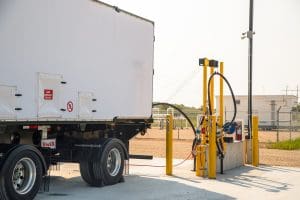
The energy transition and urgency for curbing emissions is intensifying. By turning a liability into an asset, RNG creates an opportunity for immediate and meaningful action.
The case for RNG has never been stronger. If businesses and policymakers are serious about reducing emissions, RNG must be part of the solution in the fight against climate change.
David Cox is the CFO of the Coalition for Renewable Natural Gas (RNG Coalition). Headquartered in California, the RNG Coalition serves as the public policy advocate and education platform for the RNG industry in North America.



